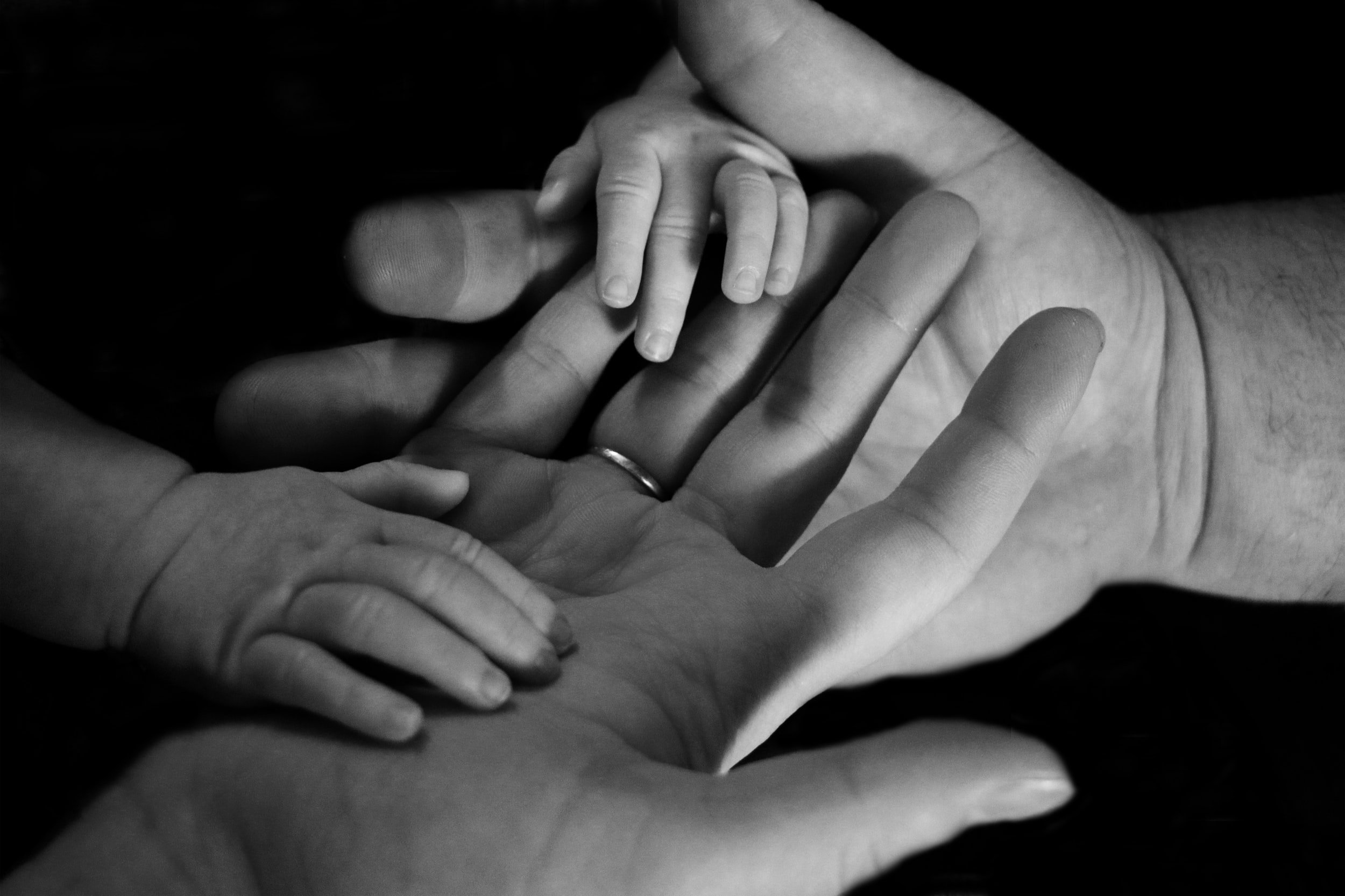
The Magic of Therapy
A blog about the transformational power of psychotherapy and how it helps us blossom into the wholesome being we are.

Understanding Relationship OCD and how it relates to attachment trauma.
Brain image studies demonstrate that the same brain circuits that light up when infants interact with caregivers light up when we interact with adult romantic partners. Science has illustrated what we therapists have seen in our offices for years. This is why the intersection of attachment and trauma research is so crucial in the way we understand and heal our relationships with others and with ourselves. In this blog, I want to discuss relationship OCD as an attachment trauma response and provide some insights into understanding and healing.

Emotional Regulation & the Window of tolerance
The window of tolerance is a concept I find useful when assessing distress and helping clients understand what’s happening internally. The "window of tolerance" describes the optimal zone of arousal where an individual can function effectively. Within this window, we're able to think clearly, make rational decisions, and engage in healthy interpersonal relationships. The moment your feelings get too overwhelming, you’ve left the window of tolerance and things start to get ugly. This can manifest in various ways, such as heightened anxiety or emotional detachment.

What PTSD Looks Like in Women
PTSD doesn’t discriminate. It doesn’t target one gender over another. Anyone who has been through a traumatic event or experience can struggle with both the immediate and lasting effects of the condition.

What Are Common Symptoms of PTSD?
Maybe you’re struggling with PTSD yourself, but you’re not sure what the real symptoms are. Or, you might be trying to downplay your feelings because you think they’ll go away.

How to Cope If Sexual Assault Scandals in the News Trigger You
There’s no question that we’re living in uncertain, and sometimes frightening times. It might seem like every time you turn on the news or scroll through social media, you see another story that disturbs you.

What Is Emotional Neglect and How Does It Affect You?
Experiencing trauma early in life does not, unfortunately, end when you turn eighteen. Childhood trauma can follow you throughout life. When you suffer abuse at an early age, it impacts your growth and development, causing it to become a major issue.

What to Know About Overcoming Reproductive Trauma
Having difficulties with pregnancies is one of the least discussed issues when it comes to mental health awareness. Many believe that pregnancy is a joyous period of time and should only be referred to as such. For others, however, pregnancy may leave you with long-lasting trauma.

What Is Racial Trauma?
Unfortunately, there are still severe consequences for being a person of color in the United States. Both systemic racism and individual bias make being a non-white person in this country more difficult than it should be.

What Is Complex Trauma?
Although our life is simply a series of events one after the other, some of them leave a longer-lasting impact than others. Unfortunately, this is true for negative events just as much as positive events.

What Is Complex Developmental Trauma?
Whether it comes from your environment, someone in your life, or a random event, stumbling across the darker aspects of life is all too easy. The truth is, unfortunately, getting through life can sometimes leave scars.

Here’s How to Recognize a Trauma Bond
If you question why it’s so hard to leave a partner, even when you know they’re mistreating you, this post will help you figure that out. These situations often imply a toxic relationship. These relationships are distressing and often abusive and they may also have brief moments of positivity that feel wonderful, but it’s never consistent.

How Are Codependency and Narcissism Linked?
Typically, codependency and narcissism are thought of as opposites. This is because codependency is seen as an excess of selflessness. Meanwhile, narcissism is viewed as an excess of selfishness. However, there are a lot of similar traits. Some of the core symptoms of narcissism and codependency overlap. Learn how they’re intertwined and how to get help.

What Are Some Common Depression Triggers?
Many people across the nation are living with depression. The World Health Organization even quotes depression as one of the leading causes of disability worldwide. Depression doesn’t discriminate. Sometimes it happens even when someone has an objectively idyllic life.
Sometimes it’s triggered by a stressful or negative life event. For some, it may become a recurring trigger for future depressive episodes. Identifying triggers for your depression can help you become more aware of the signs of depression and can also be helpful if you’re living with someone who has depression.

What Should You Do If Current Events Bring Up Past Trauma?
Trauma is when we experience extreme emotional distress because of an event. People experience trauma and recover from it in different ways—it’s an experience unique to each individual. While coping with trauma can be a challenge, there are coping mechanisms you can use when you become triggered. Let’s talk about some strategies you can use if you become triggered.

Breaking Free: Recognizing the Signs of Psychologically Abuse and Finding a Way Out
Psychological abuse can be insidiously quiet. It doesn’t have the same marks that physical abuse does because involves verbal and social attacks in an effort to control someone. The abuser may try to control who their partner can and cannot see and be around and may use hurtful abusive language.
Abusers who use these psychological tactics often break down their partner’s self-esteem or attack their self-worth. This creates a psychological dependency on the abuser, which then gives the abuser even more control.
Recognizing the signs of psychological abuse is the first step to resolving the issue, or escaping it.

Can Past Trauma Affect your Parenting Skills?
When we experience childhood trauma, there is a strong possibility of that trauma affecting the way we parent. This is not a sentencing. Our traumas do not doom us to repeat the mistakes of the adults who raised us and influenced our development. Acknowledging how you feel about the pain in your childhood and creating a narrative that respects your experiences can help you.

How to Set Boundaries in all Relationships
Healthy relationships have boundaries. Knowing your limitations and effectively communicating them is extremely important.
Let’s review the importance of boundaries, what does and doesn’t work, and how you can set boundaries for a healthier relationship with your partner.

Am I Codependent?
Learn about the signs and origins of codependency. Many times codependency comes accompanied by other mental health issues such as low self-esteem and depression, in addition to relationship stress. One single skill that could be helpful in healing codependent tendency is learning to set boundaries. Read more now and see how you too, can step into a healthy relationship with others and yourself.

Are you an exercise addict?
Exercise is so socially acceptable and brings so many benefits that it's hard to see it as an addiction. However, it could be a way of coping with internal pain, anxiety & trauma like many other addictive behaviors. In this article, we explore the signs of exercise addiction and offer a way forward.

